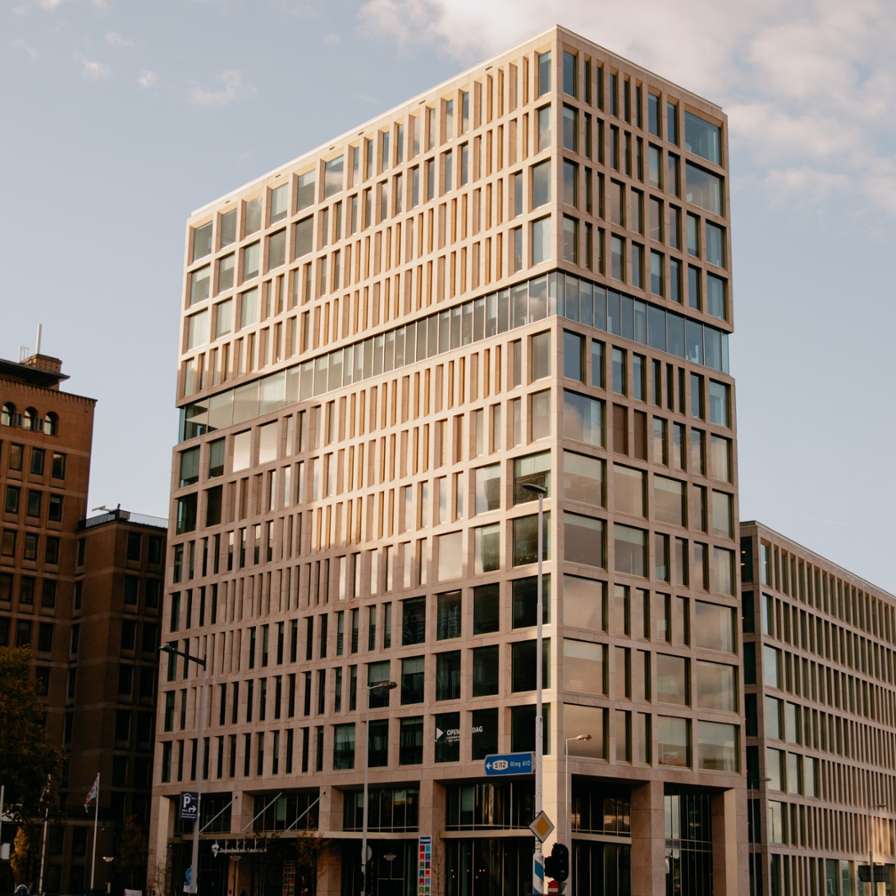Smart Buildings for Climate‑Neutral Cities

By making buildings more energy efficient with AI and machine learning, for example, we save energy and help reduce congestion on the power grid. The Smart Buildings for Climate-Neutral Cities project is investigating how best to achieve this—and which smart solutions work for different buildings and climate systems.
Energy‑efficient and flexible buildings
The Smart Buildings for Climate‑Neutral Cities project aims to make buildings more energy‑efficient and flexible by integrating smart functionalities such as machine learning and AI into existing building management systems and by fully exploiting building data. By doing so, the consortium expects to reduce energy use and relieve grid congestion, while evaluating which smart solutions work best for different building types and contexts.
The project aims to expand opportunities for international collaboration on the topic. Joining the U!REKA European University alliance—an initiative of six universities focused on climate‑neutral communities and cities—provides a framework for AUAS and its partners to share knowledge and accelerate the development and deployment of smart building technologies.
Working method
The research is structured around case studies conducted on the campuses of the consortium partners. Each site will examine its building management systems including smart functionalities (e.g., predictive control, machine‑learning‑driven optimisation) and evaluate energy savings, flexibility potential and user comfort. Comparative analysis across different building types and climates will identify transferable solutions and highlight barriers to adoption.
Education
Educational impact is central to the project. AUAS’s research group engages students and lecturers in the energy‑management experiments on its campus. Students from engineering, built‑environment and data‑science programmes collect and analyse building data, design predictive control strategies and evaluate occupant comfort, thereby developing hands‑on skills in smart‑building operation. Partner universities likewise use their campuses as living labs, integrating project findings into coursework and facilitating exchanges among students and staff.
Team
- Omar Shafqat – Project Leader
- Renée Heller – Professor
- Christijn den Besten - Researcher
Partners
AUAS will coordinate the work and share insights with the Technical University of Eindhoven, Metropolia University of Applied Sciences (Finland) and Politecnico de Lisboa (Portugal), which serve as primary testbeds. Supporting partners—Frankfurt University of Applied Sciences, KTH Royal Institute of Technology (Sweden) and TVVL—bring additional expertise and networks, ensuring that insights are disseminated to the broader building‑services sector.
Funding
The project is funded under the Dutch Research Council’s SIA “Netwerkontwikkeling richting Europa” programme for 2024‑2027. By collaborating through the U!REKA European University alliance and leveraging the expertise of its supporting partners, the consortium intends to prepare follow‑up proposals to European programmes (e.g., Horizon Europe, Interreg, Erasmus+) and to attract co‑funding from regional stakeholders and industry.
Energy and Innovation research group
The effects of climate change are forcing us to save energy and switch to sustainable energy sources. The research group Energy and Innovation investigates and designs technological interventions that accelerate the energy transition.